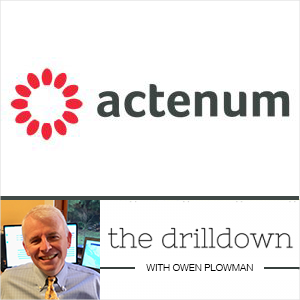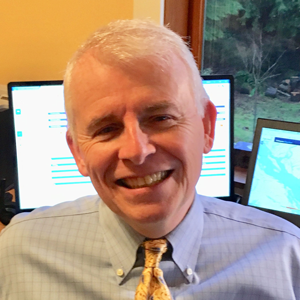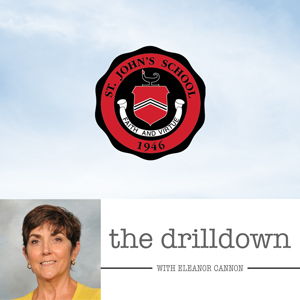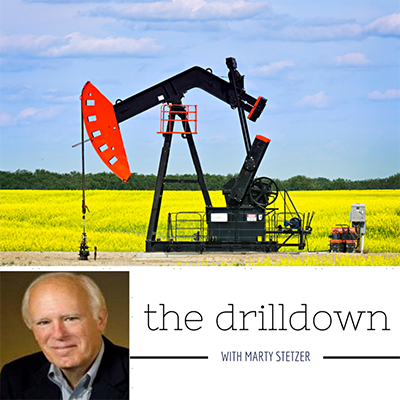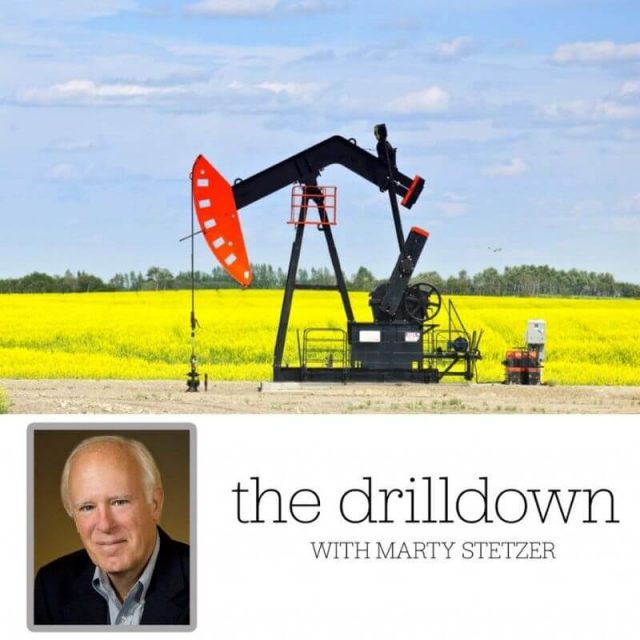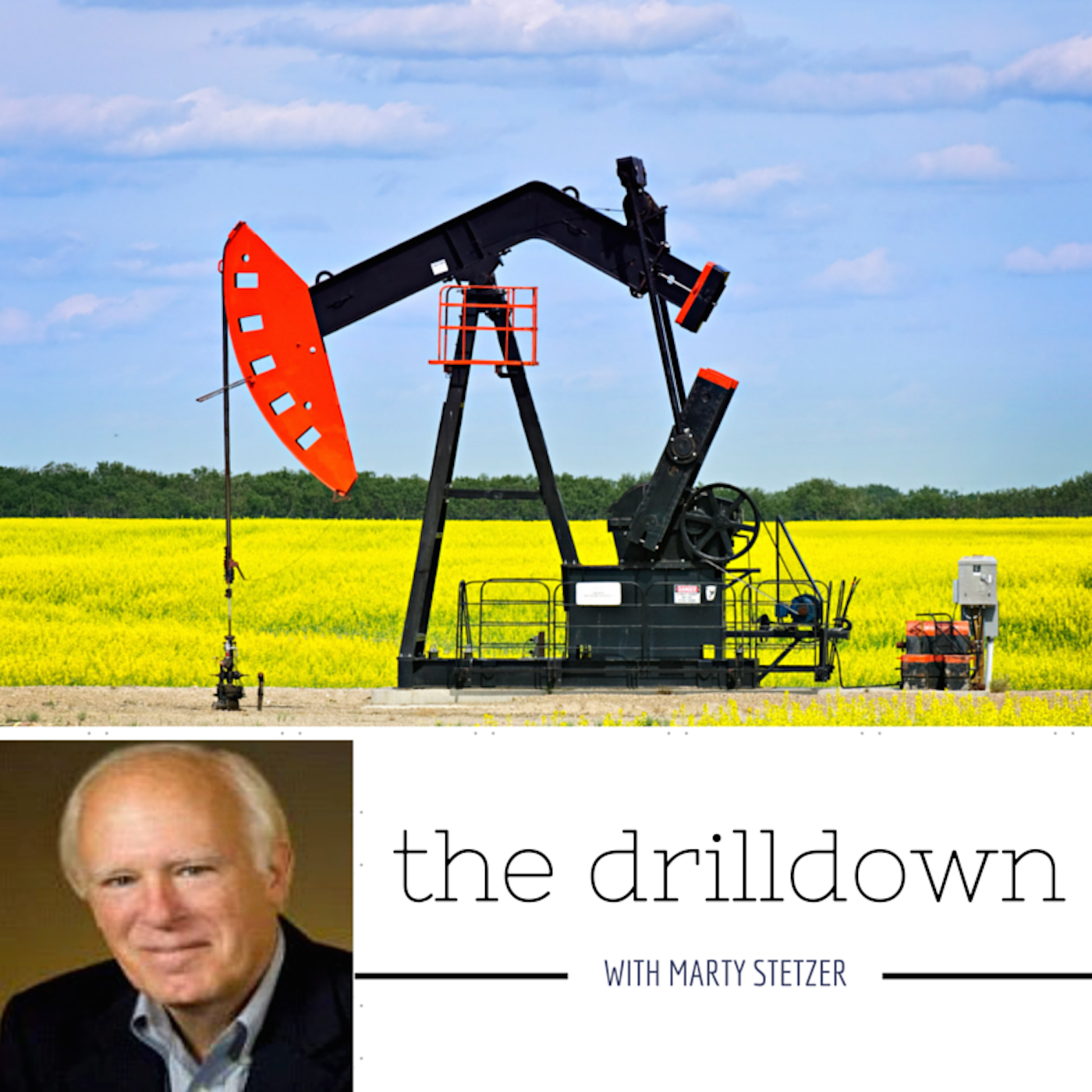Improving Drilling Scheduling with Owen Plowman of Actenum
Description
Improving Drilling Scheduling with Owen Plowman of Actenum
In this episode our topic is How improving drilling scheduling can benefit operational performance – more importantly, how not to miss your targets.
We’re really happy to learn more about improving operational performance at this time of unprecedented challenges in our industry – answering questions like:
- What are the challenges as operators manage their drilling program schedules?
- Operationally, this must be particularly applicable to shale plays steep decline curves, multi-pad drilling, huge volumes of water and sand, and the frack crews. True?
- Can you share case studies where operators have seen payoffs by improving schedules?
- Who needs to be involved with this process to achieve some of these efficiencies?
- What are some unique capabilities of the Actenum scheduling software application?
Relevant Links:
Drill Down Oil and Gas Podcast
EKTi Oil-101 Introduction to Upstream
About the Experts
Owen Plowman
Owen Plowman – Vice President of Business Development at Actenum Corporation. His role is to merge his software technical skills and knowledge of the oil and gas industry to advance Actenum's product capabilities and address customer challenges.
Prior to joining Actenum in 2006, he spent 14 years at Oracle Corporation Canada, Inc., managing sales consulting, technical support, marketing, and professional services.
Owen has worked in the IT industry for almost 41 years: he began his career writing commercial software in 1979. After completing degrees in molecular biology and computer science, he joined Meta Systems Canada (a software start-up), where he led development efforts and consulted on projects for Canadian and US government agencies and defense contractors.
Mr. Plowman holds a BS in Biology and an MSc in Computation from McMaster University.
Marty Stetzer
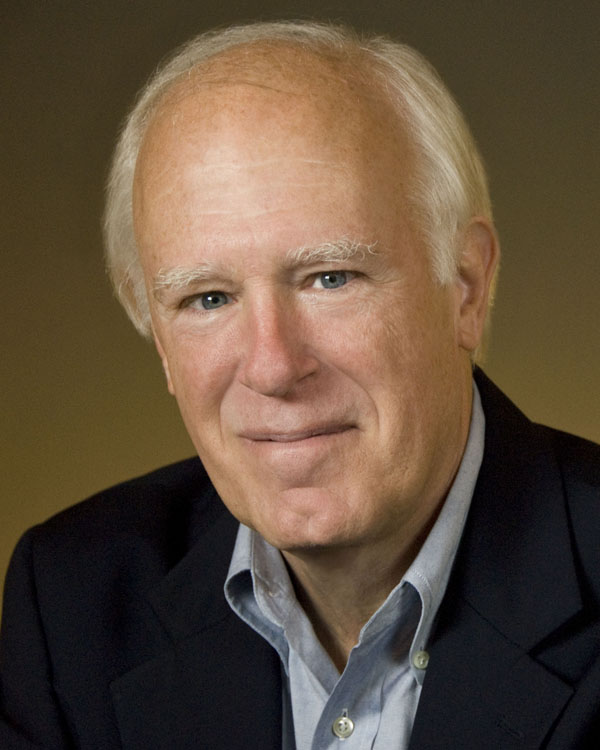
In parallel with his 25-year energy career, Marty has over 15 years experience in providing custom digital training programs to a variety of oil and gas technical audiences – like EKT Interactive Oil 101.
Marty has been a consultant to U.S. and international oil and gas
companies since 1986, including 13 years with PriceWaterhouseCoopers.
He has 18 years management experience with Schlumberger, Superior Oil-Mobil, Wilson Industries and Exxon.
Marty has worked with numerous national and international oil and gas company managements to help improve business performance across upstream, midstream and downstream operations.
Like many of the team, Marty is active in the Society of Petroleum Engineers and often presents at industry forums.
Transcript:
Marty:
Hi, everyone and welcome to Drill Down, our podcast channel that routinely brings you new insights on oil and gas operations. I’m Marty Stetzer, President of EKT Interactive in Houston, and I will be your host today.
Our topic is How improving drilling scheduling can benefit operational performance, and, more importantly, how not to miss your targets. And I’ll be speaking with Mr. Owen , VP Business Development at Actenum Corporation in Vancouver. Owen has over 40 years of developing software applications for the oil and gas industry.
We’re really happy to have his input on this topic at this time of unprecedented developments in our industry. Owen thanks so much for taking the time today.
Owen:
Hi, Marty. It’s great to be here.
Marty:
Owen, as an industry and IT veteran, can you give our listeners your background as it relates to today’s topic?
Owen:
Sure. As you mentioned, I’ve been in the industry for 40 years, a little over 40 years now actually, and I come from a computer science background that’s what I studied in university. My perspective has been shaped by my experiences. I came out of my master’s degree, and I spent eight years working mostly in the defense sector with a small software company.
And then I went to work for Oracle and I was there for 14 years. And of course, Oracle is a gigantic software corporation and it was a really interesting ride. I spent most of my time working in the finance sector and federal and local government.
And then I went to Actenum, where I’ve been for about 16 years, and I’ve worked with oil and gas customers of all different sizes global customers, national oil companies, super majors, and all the way down to small US independents.
My perspective has been shaped by that experience and, of course, by what my company does, which is scheduling in the upstream world. The thing that I’m always interested in, my major interests, besides my job objectives are, and I’ve done this right from the get-go, why initiatives are successful and why initiatives fail and what lessons may be learned from that.
That’s really what shaped my perspective and led to me getting where I am today.
Marty:
So let’s get started, Owen. What are the challenges as operators manage their drilling program schedules these days?
Owen:
Well, I think that the major challenge is the understanding of what a schedule actually provides to an organization. When you’re an operator, you can think of the schedule as a way of figuring out when a particular rig is going to be spudding a well, or when is a well going to be tied in.
What you’re thinking about there is really just resources, activities, and dates. And what you should be thinking about and what is starting to happen in the industry is that you think about the schedule as an operational model of your organization.
When you start looking at the schedule that way as a model of your operations and the effectiveness of your operations, then you start asking a lot of interesting questions which are material to your performance.
How efficiently are we using our rigs and frack crews? What’s the average cycle time and is there anything we can do to reduce it? That is the time between spudding a well and tying it into production. What is the production that we’re expecting to achieve over a particular period of time, like the next two quarters or the next year? How much is all that going to cost?
And more importantly, questions about how you might change your operations to be more efficient and more effective. What if we added a rig in the fourth quarter? What if we added a frack crew in the second quarter? What if we changed the way that we were drilling and we tried to use more efficient rigs, what would that cost and what would the payoffs be? Those are all really important questions and good questions.
And the challenges that I see right now are that some organizations are not positioned for success in that kind of thinking, because they’re using what I call traditional tools or 1990s technology. They’re working with manual spreadsheets. Microsoft Excel is the one that comes to mind. It’s probably the biggest… When people say, who is your competitor? I always say it’s usually Microsoft Excel. They use project management tools from the 1990s, like Project and Primavera, and those are not really oriented to really exemplify the model of upstream operations.
It’s very difficult for people to get the answers to questions that they ask, when they’re using those kinds of tools. You need to think about integrating your operations and bringing all of your upstream disciplines together in one schedule application. So that you’re not only thinking about what’s happening in drilling you’re looking at the whole range of operations from pre-spot drilling, completions tie in, or through workovers, even sometimes down to plugging and abandonment. Those kinds of things are quite difficult using traditional tools, but it’s what people are focusing on even more and more as we speak.
It’s been, probably a change has been going on since about 2012, and now we hear about it all the time from companies that contact us. It’s something that they’re really starting to think about, because obviously the industry has gone through some horrific downturns and everybody’s trying to figure out how to be more efficient and do more with less.
Marty:
And again Owen, from an operational standpoint, this must be particularly applicable to the shale plays steep decline curves, multi pad drilling, huge volumes of water and sand, and in the frack crews. I guess that’s another perspective that the operators have.
Owen:
This is exactly what led to the change that I mentioned just now that’s been going on since 2012. I would visit Houston a lot in the late first decade, so 2008-2009, and I would show our software to people. And they would go, “Oh, that’s quite interesting,” but nothing would ever come out of it. They wouldn’t adopt it, because they figured, we’re getting stuff out of the ground. Price is good. Who cares about a little bit of efficiency gain here and there? They weren’t drilling that many wells.
I started visiting Houston again in 2012, basically once

